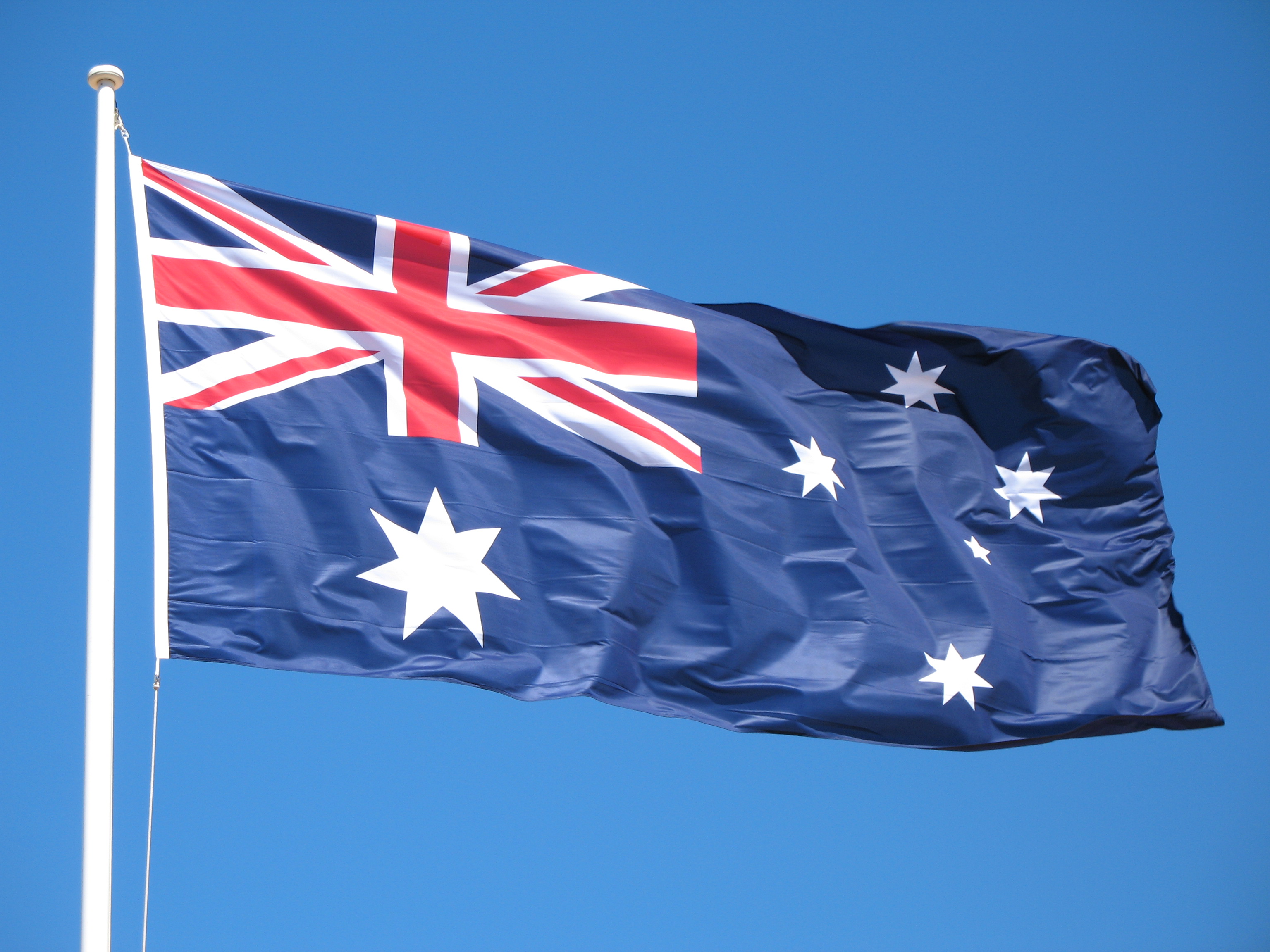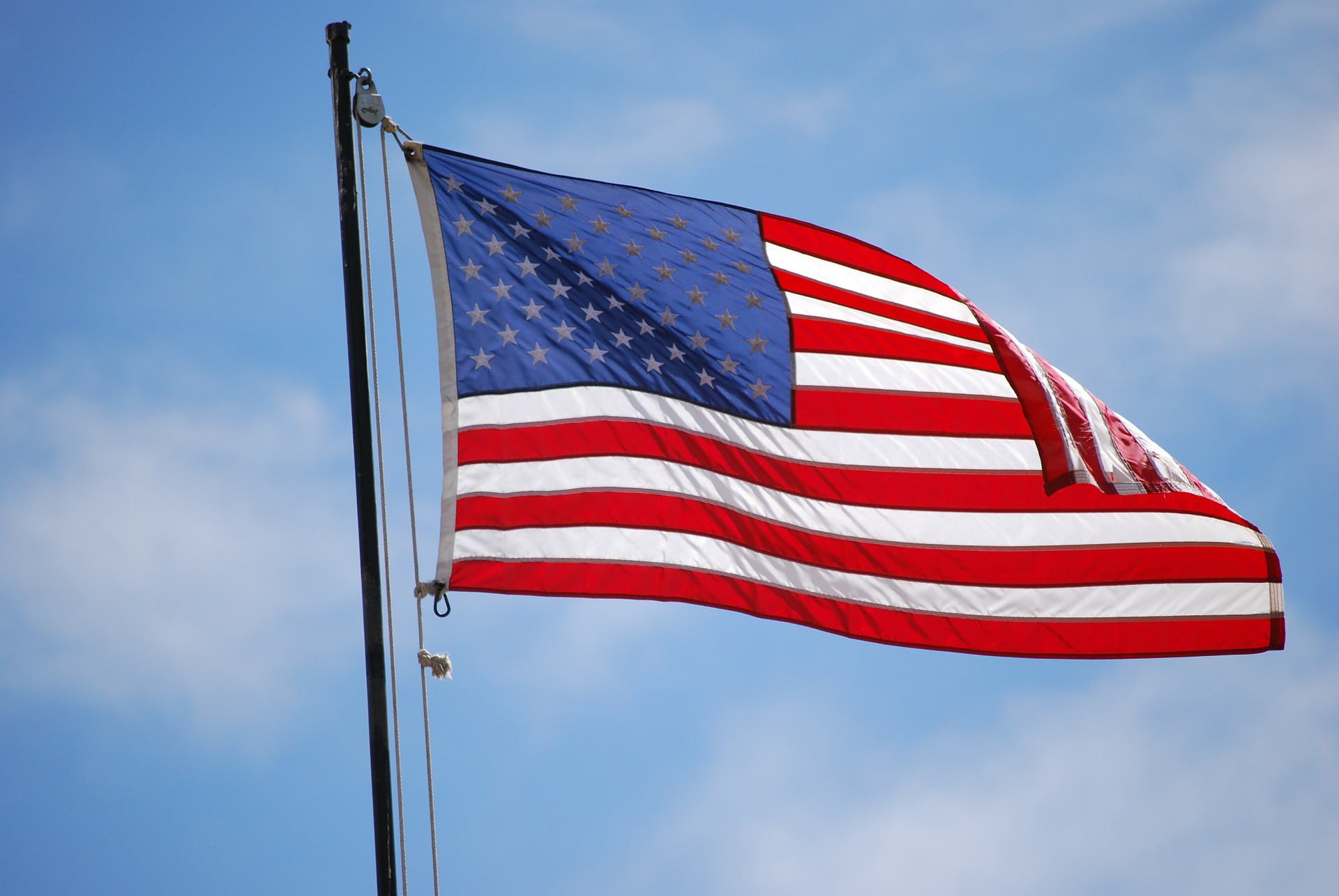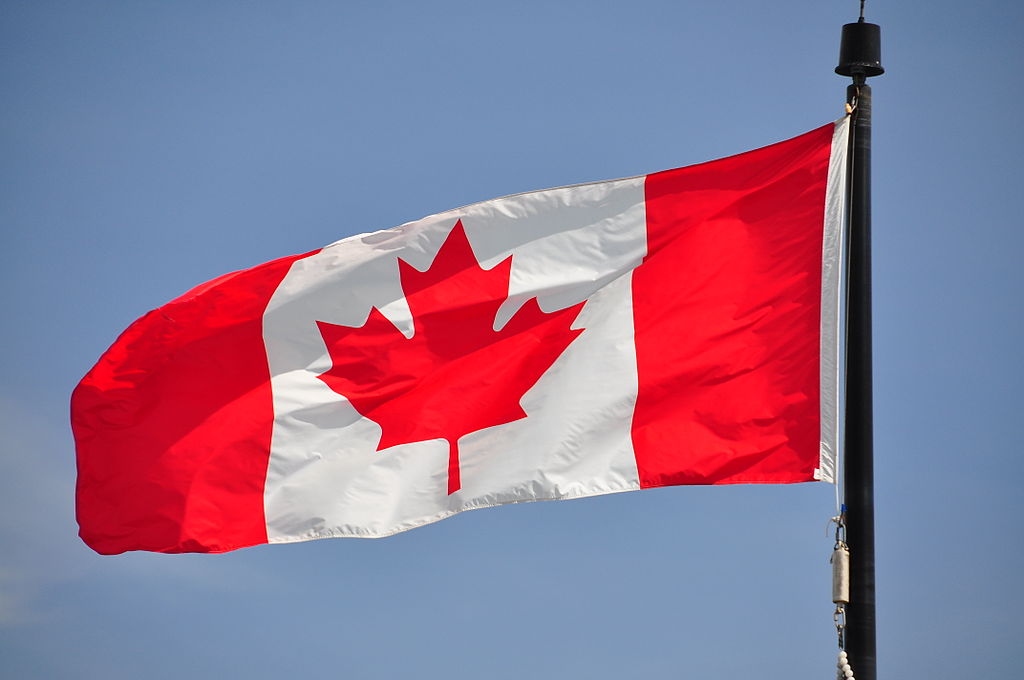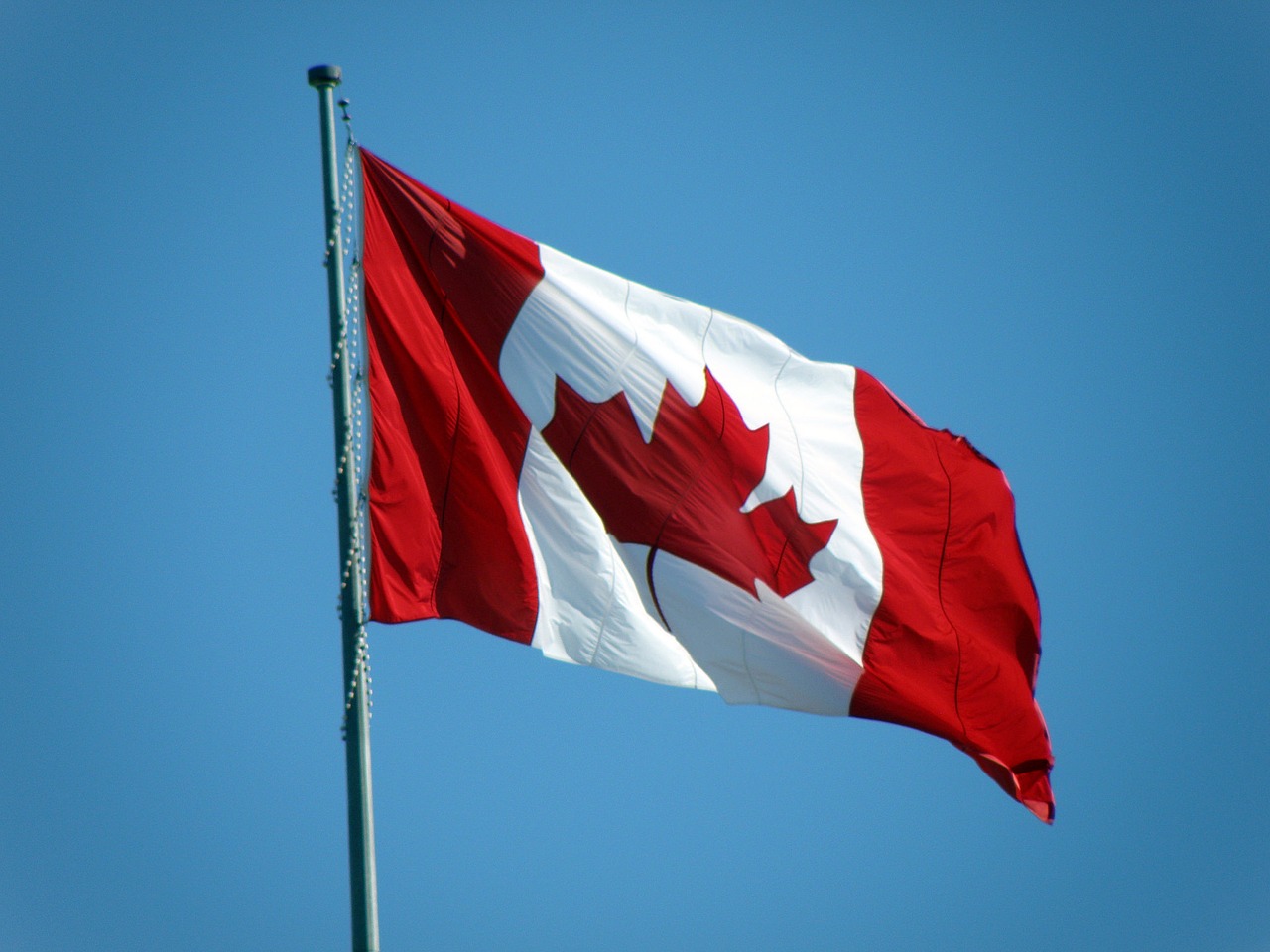We head to Australia as the first leg of Cystic Fibrosis Around the World begins to wrap up.
Tomorrow I will post my American interviews, then write a recap blog later in the week (probably Friday) where I will reflect on everything I’ve learned throughout the project so far. We will then pick up the blog series later in the summer with a new batch of countries!
For now, though, we will take a look at Australia through the lens of two different adults living with cystic fibrosis, Walter Van Praag and Rhianna Johnson. Rhianna’s interview will be in RED font.
Devonport, Tasmania, Australia, Walter Van Praag, 51 living with cystic fibrosis.
Bundaberg, Australia, Rhianna Johnson, 24 living with cystic fibrosis.
- About how many people in your country have cystic fibrosis?
Say roughly 3500 diagnosed patients.
Approximately 3,000 people in Australia have CF.
- Do people in your country know what CF is?
No, but they’ve all heard about it and many think they know of someone who had a friend or child with CF.
Yes and no – most people only really know what CF is if they have family or friends with it, although awareness and public knowledge are getting better every day.
- When were you diagnosed? Why were you tested?
I was a sickly child with cough and diarrhea in Holland and over my first ten years of life my parents took me to ten different doctors until eventually I was hospitalised and diagnosed in 1975.
I was diagnosed at birth through a heel prick test. This test is used to screen for a number of conditions, one of which is an indicator for CF. My diagnosis was then confirmed with The Sweat Test, mum was quite shocked as they couldn’t tell that anything was wrong with me.
- Were you encouraged to be open about your CF? Do your friends and family know that you have CF?
Yes, I was always open about it as were my parents.
Yes, CF was never a secret or something I was taught was abnormal. As I grew up friends and family knew about my CF and no one more than that really as my symptoms weren’t really showing. Now that I’m older I’m finding that I’m telling strangers about it when they hear me coughing etc. It’s just a part of my life.
- Does your insurance/healthcare cover costs? Does it fully cover all medications and treatments available to patients with CF? Does the government provide your healthcare or is insurance offered privately?
In Australia we are very fortunate that we don’t even need private health insurance to be adequately treated by CF specialists/clinics. Private health insurance does allow for better care, like insulin pumps and nebulisers, more physio and psych care… but often the CF associations are there to help fill the gaps.
The government covers the costs of all our Hospital admissions and clinic appointments through ‘Medicare’ and our medications are subsidised through a ‘Health Care Card’ that most CF patients have through the government, bringing our medications down to around $6.30 per month, per medication
- Do you have access to drug studies/trials? Do you have access to new medications?
I always hear and read about new medications and studies, but I’ve never been approached really. May have filled in the odd form at clinic pertaining to studies, but never been asked to partake in a trial.
Yes we have access to some drug trials and new medications. Although the costs for drugs like Kalydeco and Orkambi here aren’t affordable. They are currently fighting to get it put onto the PBS (Pharmaceutical Benefit Scheme) to make it affordable for patients who are able to take them.
- Who is on your CF care team? (Doctors, nurses, etc.)
Respiratory specialist, social worker, nurse, physio, dietician [and] auxiliary professionals, such as podiatrist and psychiatrist when needed. [They] are called in without any problems. Even when I needed dental care a dentist was provided through the CF clinic.
I have a team of Doctors, Nurses, Physiotherapists, a Dietician and a Social Worker that I see during every clinic and admission.
- How far away is your CF clinic? Is there a difference between adult/child clinic/care for CF?
There is an adult and a pediatric clinic I believe. Both are based in Hobart, 300kms away. They regularly travel to Launceston, 100km away, and the state has a patient travel assistance [program], which usually [subsidizes] my petrol and accommodation costs!!!
My clinic is a 4 hour drive – in Brisbane – We have two centre’s there. I go to Mater, they have both an Adult facility and Children’s hospital with a CF Unit. When you turn 15 you are transferred from the Children’s hospital to the Young Adult/CF Unit.
- How often do you go to the doctor (non-emergency)? Is it easy to get an appointment? What do you do in case of emergency?
I see the team every 2-3 months, and if there is anything urgent I see them sooner or visit my (or any) general practitioner. Sometimes I call up and tests are arranged (pathology, etc.), which I can do locally and usually within 24hrs.
I go to clinic every 3 months – appointments are made at your previous clinic or if one is needed sooner we are able to phone our Respiratory Nurse and she can put us in as soon as possible – They run two clinics a week. In an emergency we can phone or message our Respiratory Nurse and she is usually able to get us into a clinic or admission within a day or two. She is fantastic!
- If you need IV antibiotics, can you do them at home or do you need to stay in the hospital?
In Tasmania I need to stay in hospital. Often I do my hospitalisations in Canberra where I think the hospital care is much better, and I can stay with my mother and receive Hospital In The Home for IVs, and a nurse visits me daily at no charge.
We do have the option of having ‘Hospital in the Home’ but only if you live within a certain distance of the hospital. So I have to go and stay in for my admissions.
- Is the Vest a typical treatment option? What other treatments are common in your area? Which are not?
No one I know here has a vest …Treatment is typically physio and nebulisers, Pari S or flutter.
No, vest is not a typical treatment and not really spoken about. They aren’t covered by Insurance here and cost upwards of $10,000-$15,000 each! We use PEP and Percussion as our most typical airway clearance.
- Are you encouraged to exercise? Specific?
Yes, very much so. Whatever tickles our fancy. For me it is walking, cycling and kayaking, but for others it may be different. Team sports are harder, but the clinic would be behind any sport. Many CF Associations will give grants to buy sport equipment.
Yes, exercise has been encouraged by my doctors since I was a child – it is very important. They recommend both Cardiovascular exercise (running, swimming, netball etc) and also Strength training to build our bodies stronger.
- What CF specific medications/therapies have been developed in your country? Does your country promote new drugs?
Australia is reluctant to get new drugs. It is a continuous fight with the government. I’ve been buying acetylcysteine overseas for 40 years, and still no oral version is available here, whereas it is over the counter in Asia and Europe. It helps me greatly. My experience is that anything natural or alternative is not mentioned. They are not against it, but if I swear by something like kefir, glucosamine chondroitin, tissue salts, melatonin, coloidal silver, I get eyes rolling …
We have access to Kalydeco and Orkambi, although it isn’t exactly affordable. Our CF associations are fighting very hard to have them more accessible to those patients who qualify for treatment. Australia doesn’t promote new drugs.
- What role does nutrition play in your CF care? Do you have a feeding tube? Do you have CFRD (diabetes)?
I have diabetes and inject insulin regularly. I think my BSLs are mostly under control, though far from perfect. Nutrition plays a great role in my life, I make my own bread, yoghurt, alternate medicine, grow some veggies and always eat well. I love my food and between my partner and I, we always cook good and spare no expense at the groceries – despite living off humble pensions. We also live in an area where the air is clean and vegetables are grown everywhere.
We have a Dietician on our team who assessors our weight and food intake every clinic and admission. I don’t have a feeding tube or CFRD.
- What do you wish could be better about your nation’s care for CF patients?
There needs to be some studies on what alternative medicine or treatment [can] help [people with CF]. I know what helps me, but my word is not enough for others to try. If I could see what other people take for what ailments, I would certainly try more. It took me 50 years to end up with a handful of good alternative medicine, and I’m sure there are more!
I wish that more life saving drugs were affordable for everyone and that more funding was given to our associations from the government. It is very limited and our associations, such as Cystic Fibrosis Queensland really help out our community.
- What do you know about CF Lung Transplants?
Scary topic. I often dream of being stuck in cupboards and tight places because my lugs are crappy. I have to fly with an oxygen concentrator… I hear about friends on FB doing well and also dying with transplants. I consider a transplant a huge and risky operation that you may not qualify for, may not get in time , has severe consequences and life changes. I would prefer to keep my own as long as possible… it seems 5 years is about average for lungs before they reject, but I know if several who are into their 2nd decade! Like real estate, you hear of success stories and failures. Some make $100k/yr and some lose everything.
Lung transplants are done at the Prince Charles Hospital in Brisbane for Queenslanders. They have a good success rate and I am confident in the team there. I know a number of people who have had a transplant here in Australia and most of them are doing extremely well!
- Did you go to college/university or advance your education elsewhere (Or plan to go to college/university)? Were you encouraged?
My parents and the education system when I was in school expected you to go on as far as you could. University fees were pretty much within everyone’s budget, through government grants and incentives and few people were not able to study due to $$$. Studying was a great lifestyle for me, choosing lectures and courses that did not involve morning commitments so I was able to get enough sleep and study at leisure. Studying was very flexible and I spent 10 yrs at university and ended up with a BA in philosophy and a BSc in Mathematics 🙂
After High School I went straight into fulltime work and studied online. We were not encouraged nor discouraged.
- What is the National CF Foundation (if there is one)? Does this Foundation (if there is one) provide assistance in every day life and education? (example: scholarships, transplant aid, educational materials, etc.)
Mostly our national CF Association supports the state branches and they in turn assess our needs and help as much as they can. That could include grants, educational material, anything. Just ask and they will provide – within reason.
Each state has their own but they do all come together through Cystic Fibrosis Australia – they provide things like Boredom Buster bags to children in hospital, financial aid for physical activity, education materials and some medical equipment (particularly travel nebulisers etc).
- Is there anything else you would like to add? Is there anything specific or unique about CF care in your country compared to the rest of the world that you know of?
We are incredibly fortunate in Australia with our healthcare and fresh air, fresh food and unadulterated life style. We expect the government to provide everything and we complain when they don’t, but thanks to the national associations and the CF clinics there is an enormous amount of support for [peope with CF]. Some would say I’m wrong perhaps, but I’ve travelled a fair bit and seen many, many countries where I would rather not live with CF. Pollution is probably one major factor. Because we are such an egalitarian country we all mostly get equal care and opportunity and being rich or having private insurance rarely makes a great difference in survival.
I think we are really lucky to have our admissions, clinics and transplant costs covered by our Government. While there is definitely room for improvement I think Australia is a very lucky country to live in for someone who has CF.






